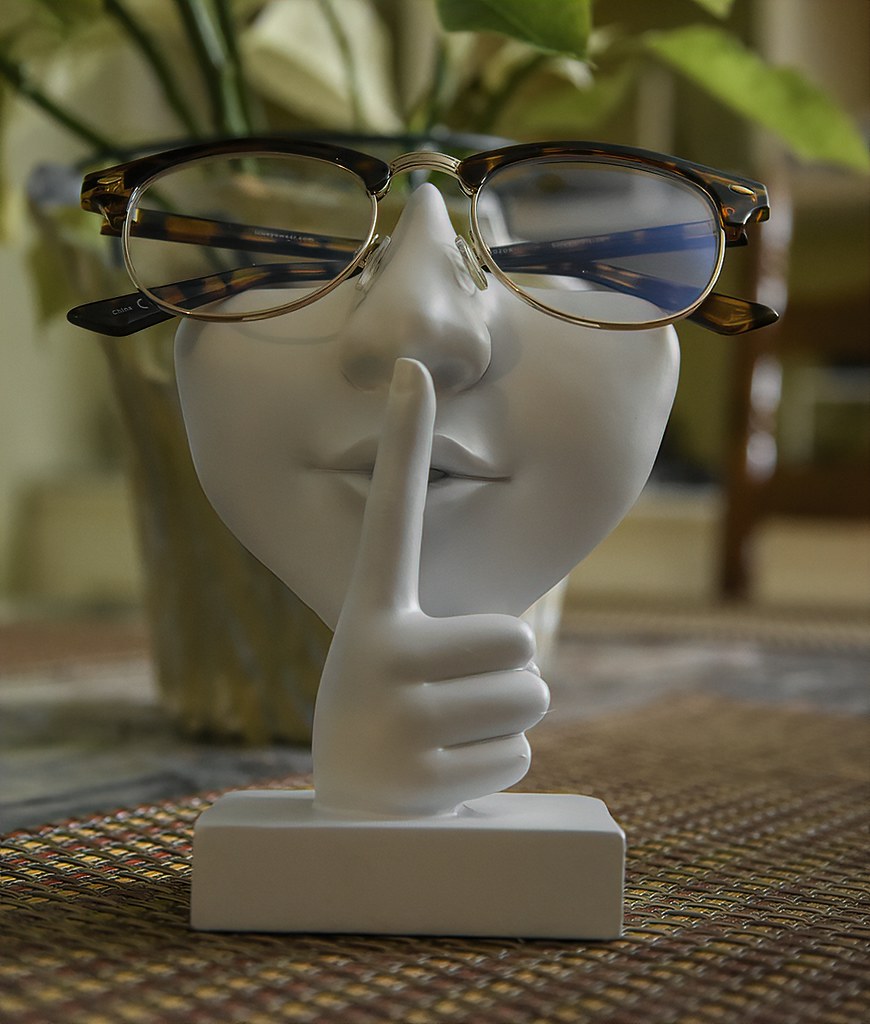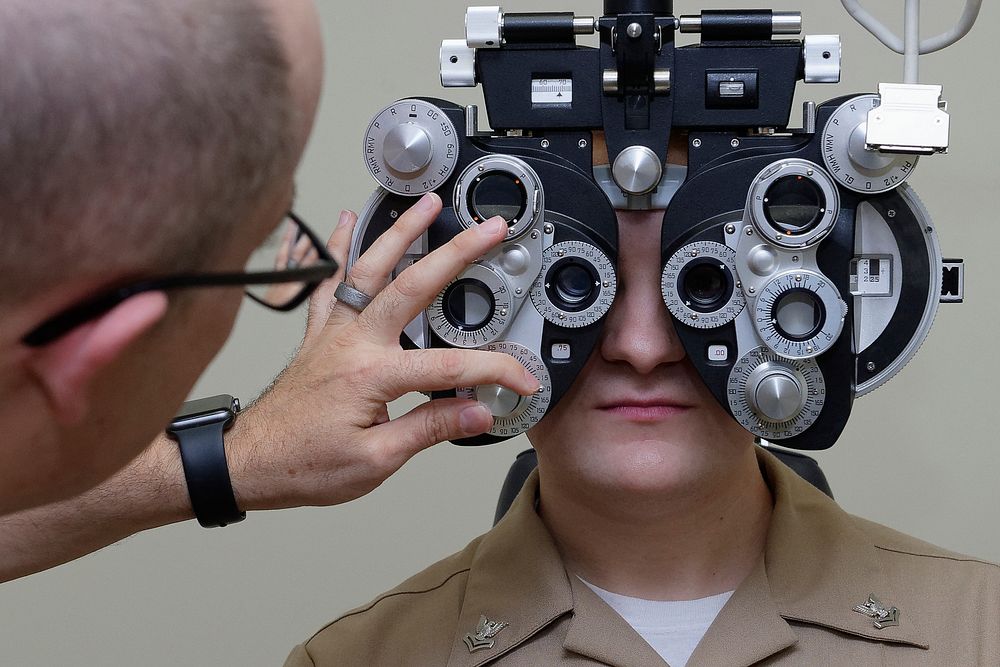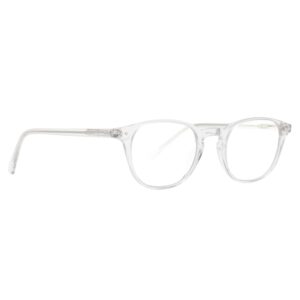
Remote work has revolutionized the way we approach our professional lives, offering flexibility and comfort. However, with increased screen time comes greater exposure to blue light, which can have various effects on our health. As a remote worker, it’s essential to be proactive about mitigating these effects, and one effective strategy is through the use of blue light blocking supplements.
Key Takeaways
- Blue light can disrupt sleep patterns and contribute to eye strain.
- Blue light blocking supplements often contain ingredients like lutein and zeaxanthin to support eye health.
- It’s important to consult with a healthcare professional before starting any new supplement regimen.
- Combining supplements with other protective strategies, such as using screen filters, can enhance blue light protection.
- Regular eye examinations are crucial for remote workers to monitor their eye health and adjust their protective measures as needed.
The Impact of Blue Light on Remote Workers

“Woman Office Worker on Mac Royalty Free …” from negativespace.co and used with no modifications.
As remote workers, we’re glued to our screens for hours on end. This exposure to blue light can mess with our sleep by interfering with melatonin production, the hormone that helps us doze off at night. Besides that, staring at a screen all day can lead to digital eye strain, causing symptoms like headaches, blurred vision, and dry eyes.
Most importantly, understanding how to shield ourselves from blue light is key. That’s where blue light blocking supplements come in. They’re packed with nutrients that our eyes need to filter out the harmful effects of blue light. Think of them like sunscreen for your eyes, but instead of slathering on cream, you’re taking a daily supplement.
What Are Blue Light Blocking Supplements?
These supplements are your secret weapon against blue light. They’re usually formulated with natural carotenoids like lutein and zeaxanthin, which are found in our eyes. These nutrients are like bodyguards, protecting the eyes from the damaging effects of prolonged screen exposure. They can’t block blue light completely, but they can help your eyes filter it more effectively.
Therefore, if you’re considering adding blue light blocking supplements to your daily routine, remember to check with your healthcare provider first. They can help you understand if these supplements are right for you and recommend the appropriate dosage.
Choosing the Right Supplement
When it comes to picking the right blue light blocking supplement, the options can be overwhelming. You want to look for products that contain clinically proven ingredients such as lutein and zeaxanthin. These two are often hailed as the dynamic duo in the fight against blue light.
Here’s what to keep in mind:
- Quality: Opt for supplements from reputable brands that have undergone third-party testing.
- Ingredient Transparency: Make sure the label clearly lists the ingredients and their amounts.
- Formulation: Some supplements may include additional antioxidants like vitamin C or E, which can also benefit eye health.
Besides that, it’s worth considering the form of the supplement—whether it’s a tablet, capsule, or gummy—and choosing one that fits your preference and lifestyle.
Complementing Supplements with Other Protective Measures

“Computer Glasses | The Flickr Lounge …” from www.flickr.com and used with no modifications.3
While supplements are a great start, they work best when paired with other blue light defense strategies. For instance, you can use screen filters or wear computer glasses that block or filter blue light. Adjusting the brightness and color temperature of your screens to reduce blue light exposure, especially in the evenings, can also help protect your eyes and improve your sleep.
Here’s a quick checklist:
- Install blue light filtering apps on your devices.
- Use blue light blocking glasses when working on screens.
- Take regular breaks using the 20-20-20 rule: every 20 minutes, look at something 20 feet away for at least 20 seconds.
- Ensure your workspace has proper lighting to reduce glare and eye strain.
Combining these practices with your supplement intake can create a robust defense system against blue light.
Regular Eye Examinations Are Key

“Eye Exam Images | Free Photos, PNG …” from www.rawpixel.com and used with no modifications.
Let’s not forget the importance of regular eye check-ups. They’re the perfect opportunity to discuss with your eye doctor any concerns about screen time and to get personalized advice on protecting your vision. Because eye health can change over time, especially with increased digital device use, staying on top of your eye exams is crucial.
Remember, an ounce of prevention is worth a pound of cure. By taking proactive steps, such as using blue light blocking supplements and following good screen habits, you can help safeguard your eyes against the potential impacts of blue light exposure.
Understanding Blue Light and Its Sources
Let’s break it down: blue light isn’t all bad. It’s everywhere, coming from the sun, which is the main source, and it helps regulate our sleep and wake cycles. But the blue light from screens is a bit different. It’s more intense and comes at us for much longer periods. That’s the kind that can lead to eye strain and mess with our sleep.
And it’s not just adults; kids are also at risk. With remote learning and more screen time for fun, they’re soaking up a lot of blue light too. That’s why it’s crucial for everyone, regardless of age, to consider how to manage their blue light exposure.
Supplements: The Ingredients That Matter
When we talk about blue light blocking supplements, two key ingredients often come up: lutein and zeaxanthin. These are antioxidants found in your eyes and many colorful veggies. They’re like natural sunglasses, helping to filter out blue light and protect your peepers.

“Omega 3 Images | Free Photos, PNG …” from www.rawpixel.com and used with no modifications.
Some supplements might also include omega-3 fatty acids, which are good fats that support eye health. Another helpful ingredient is bilberry extract, known for its vision-boosting properties. So, when you’re scanning the supplement aisle, keep an eye out for these ingredients:
- Lutein
- Zeaxanthin
- Omega-3 fatty acids (like DHA and EPA)
- Bilberry extract
By ensuring these are part of your supplement, you’re giving your eyes some extra armor against blue light.
How to Integrate Supplements Into Your Daily Routine
Now, you might be wondering, “How do I add these supplements to my day?” It’s pretty simple. Most of these supplements come in pill form, so you can take them like any other vitamin. Just follow the dosage instructions on the bottle, and you’re good to go. And remember, consistency is key—you’ve got to take them regularly to get the benefits.
Here’s a tip: try taking your supplements with a meal that has some fat in it, like avocado or nuts. This can help your body absorb the nutrients better, especially the fat-soluble ones like lutein.
Real-Life Success Stories
There are plenty of people out there who’ve seen a real difference after taking blue light blocking supplements. Take Sarah, for example. She’s a graphic designer who spends all day in front of her computer. She started taking a lutein and zeaxanthin supplement, and after a few weeks, she noticed her eyes didn’t feel as tired at the end of the day.
Or consider Mike, a night owl who loves to game into the wee hours. He was having trouble falling asleep, but once he started using a supplement with bilberry extract, he found it easier to drift off. These stories show that with the right approach, you can tackle the effects of blue light head-on.
Final Thoughts on Blue Light Blocking Supplements
To wrap things up, blue light blocking supplements can be a game-changer for remote workers. They’re like a helping hand for your eyes, giving them the nutrients they need to fight off the blue light blues. Just make sure to choose high-quality supplements, combine them with other protective measures, and keep up with those eye exams.
And remember, the best approach is a holistic one. Supplements are great, but they work best when you’re also taking breaks, using screen filters, and making sure your workspace is eye-friendly. So, take control of your blue light exposure and keep your eyes happy and healthy!


